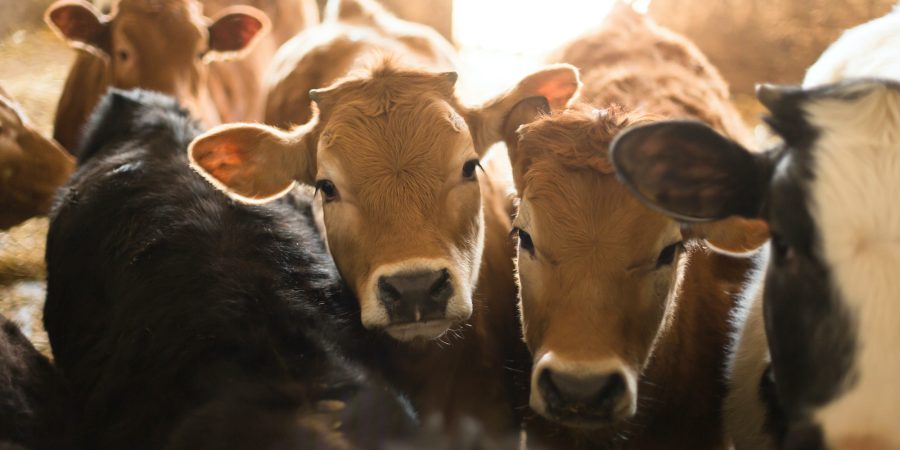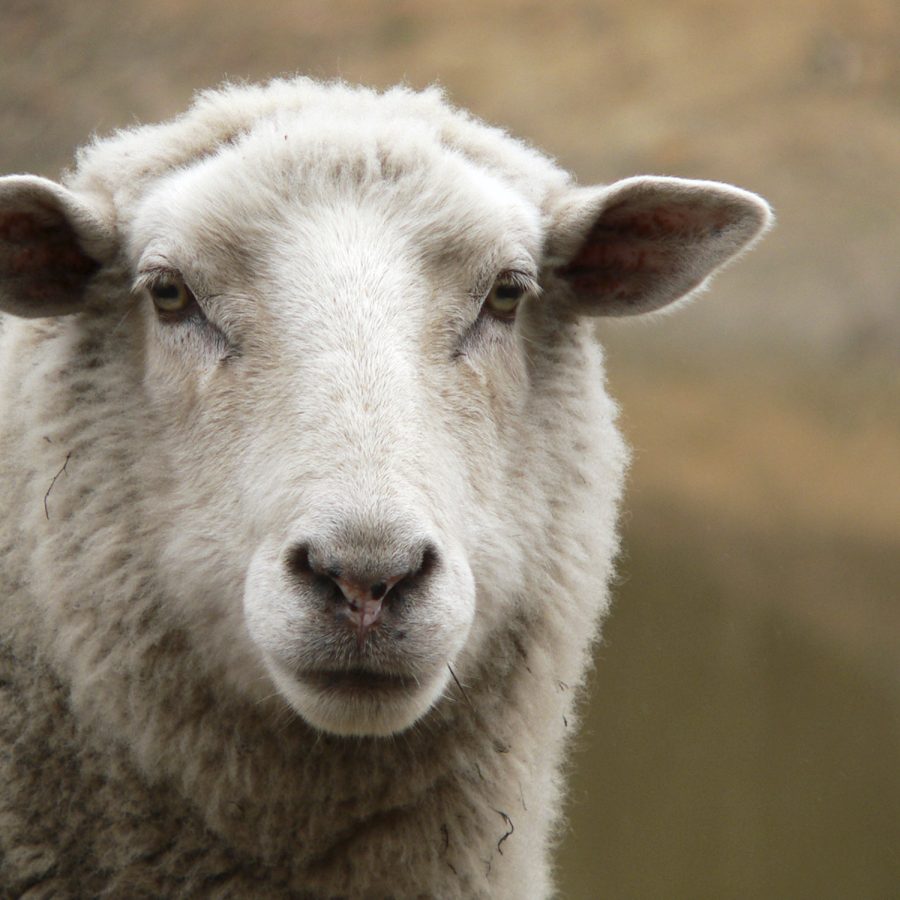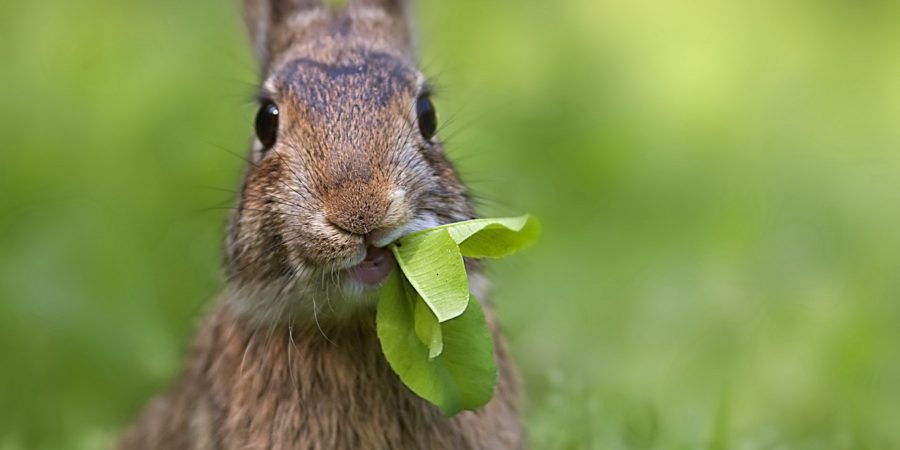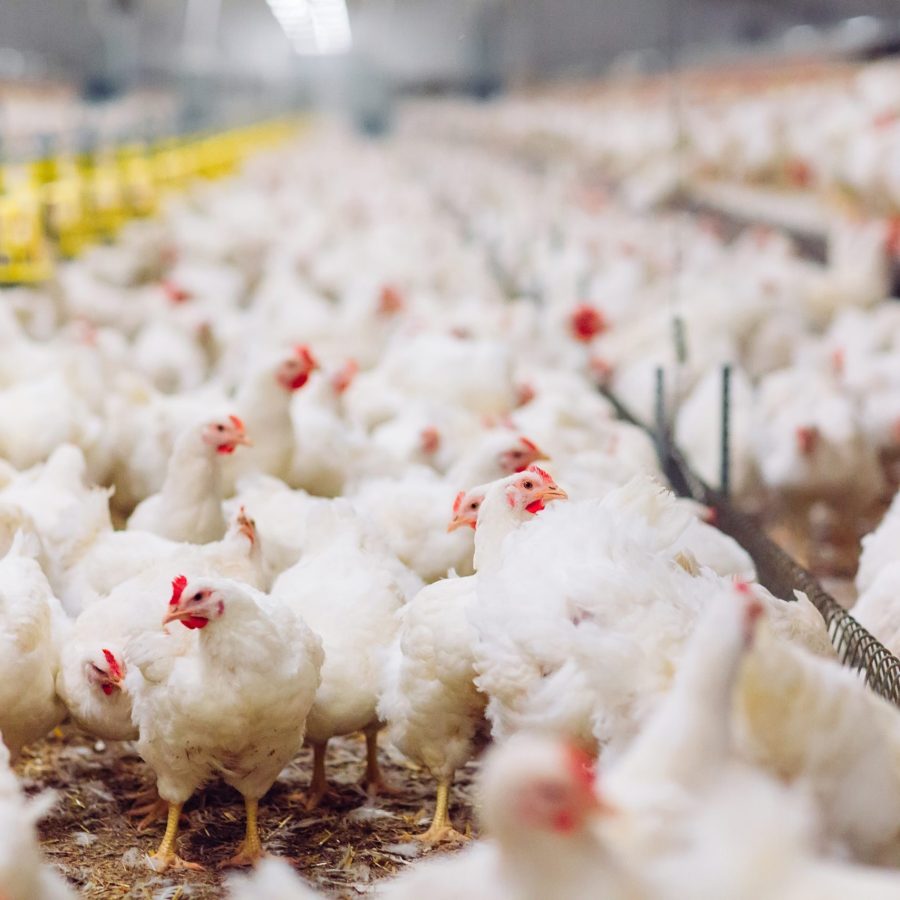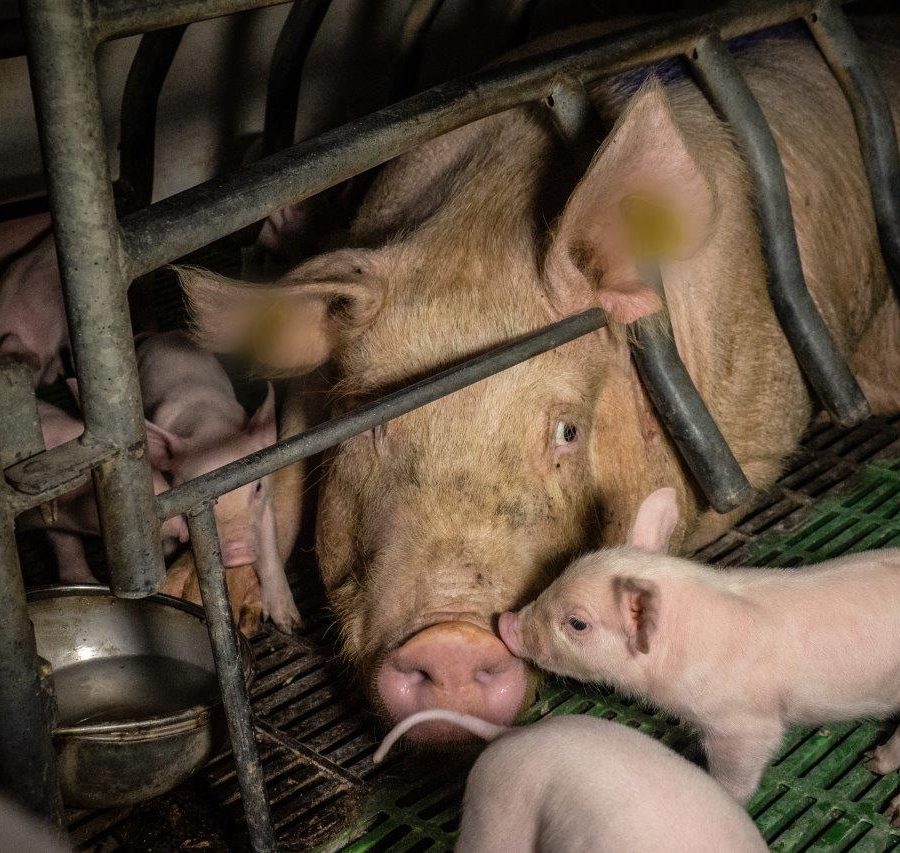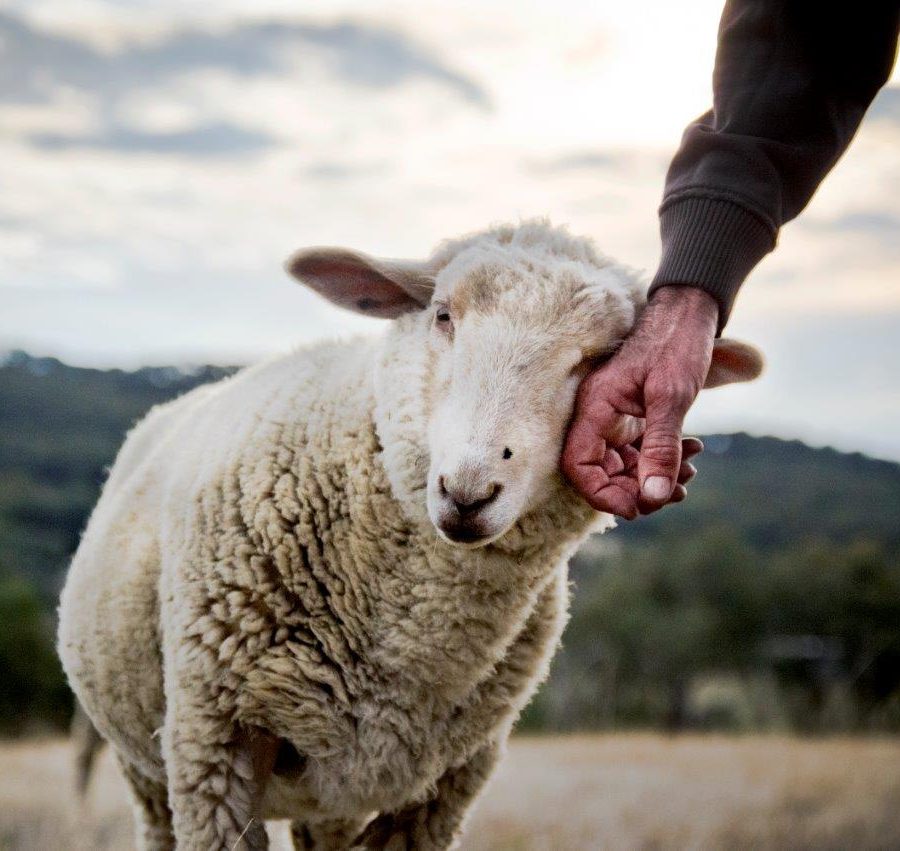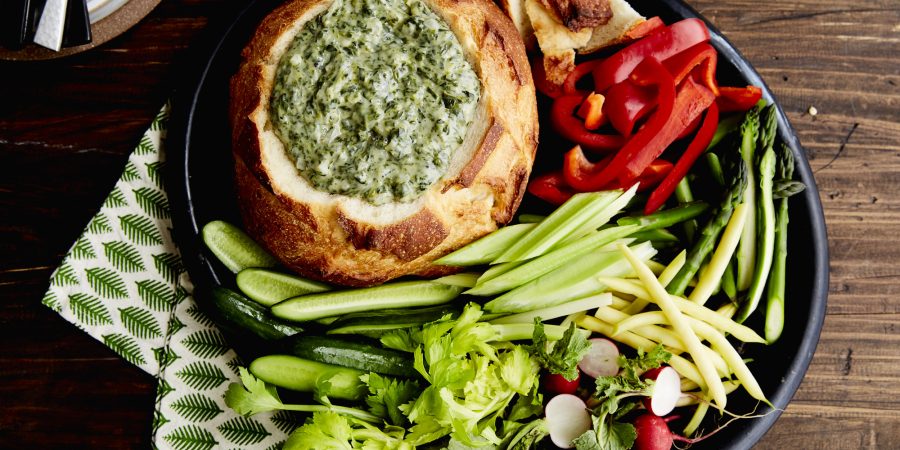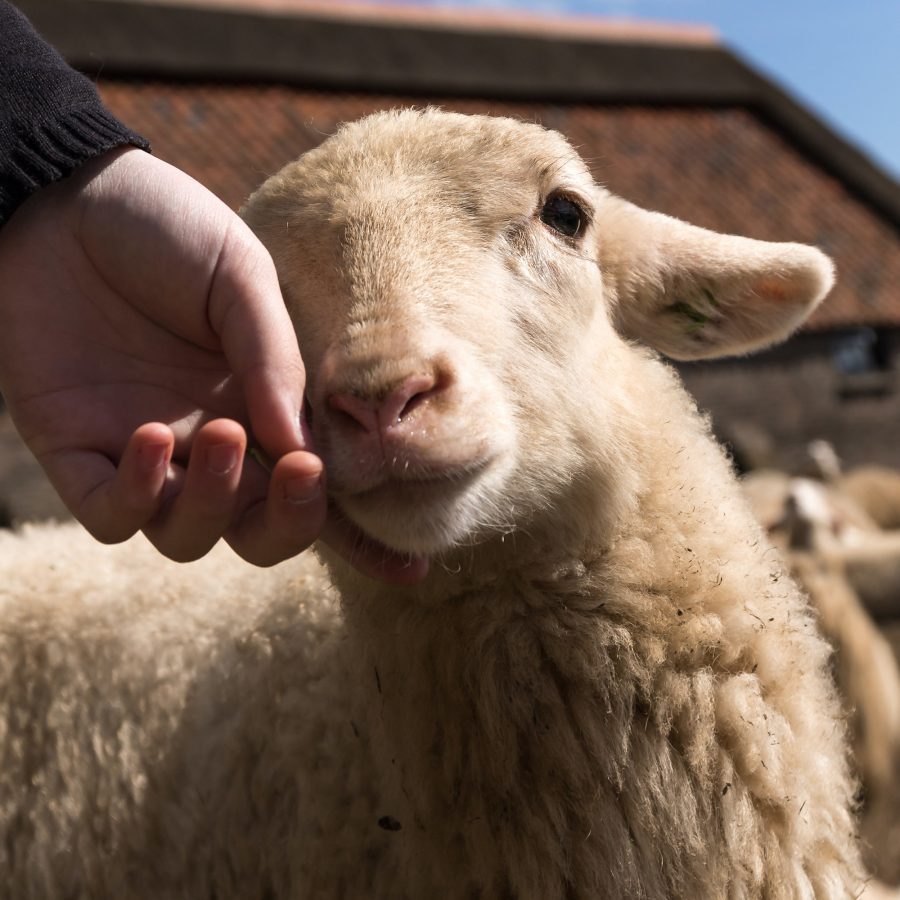Billions of animals killed.
There are 70 billion animals who are slaughtered for food globally each year. Most of these animals will have suffered during the process – and their final moments on this Earth will have been filled with fear and pain.
This figure does not include fish or other sea creatures who are measured only by tonnage.
Two out of three of the animals killed will have been factory farmed. Animals in factory farms – primarily chickens, pigs and fish – are denied basic legal protections and subjected to cruel surgical procedures without being given pain relief.
Factory farms deny animals any quality of life – for their entire lives. And this is despite us fully understanding the sentiency of all animals, that they feel fear and pain and have unique social and behavioural needs.
Animals raised for food are treated like units of production rather than the living, feeling beings that they are. They are valued only for the meat or products (like eggs, milk and cheese) that their bodies can produce.


